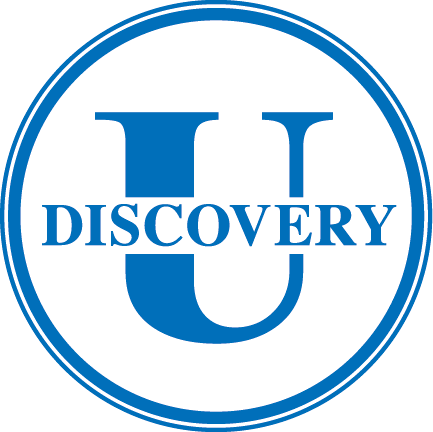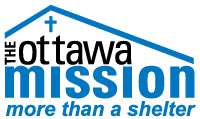
*Discovery University offers university-level courses to people living on low incomes or experiencing homelessness, taught by instructors from Ottawa’s universities – Carleton University, University of Ottawa and Saint Paul University.
There are no course fees, and course materials are free. Ten-week classes are offered twice a year.
DUE TO UNFORESEEN CIRCUMSTANCES, THE WINTER SEMESTER HAS BEEN CANCELED. PLEASE MONITOR THIS PAGE FOR FURTHER UPDATES AND ADDITIONAL INFORMATION AS IT BECOMES AVAILABLE.
*In order to attend Discovery University, applicants must be over 18 years of age.
